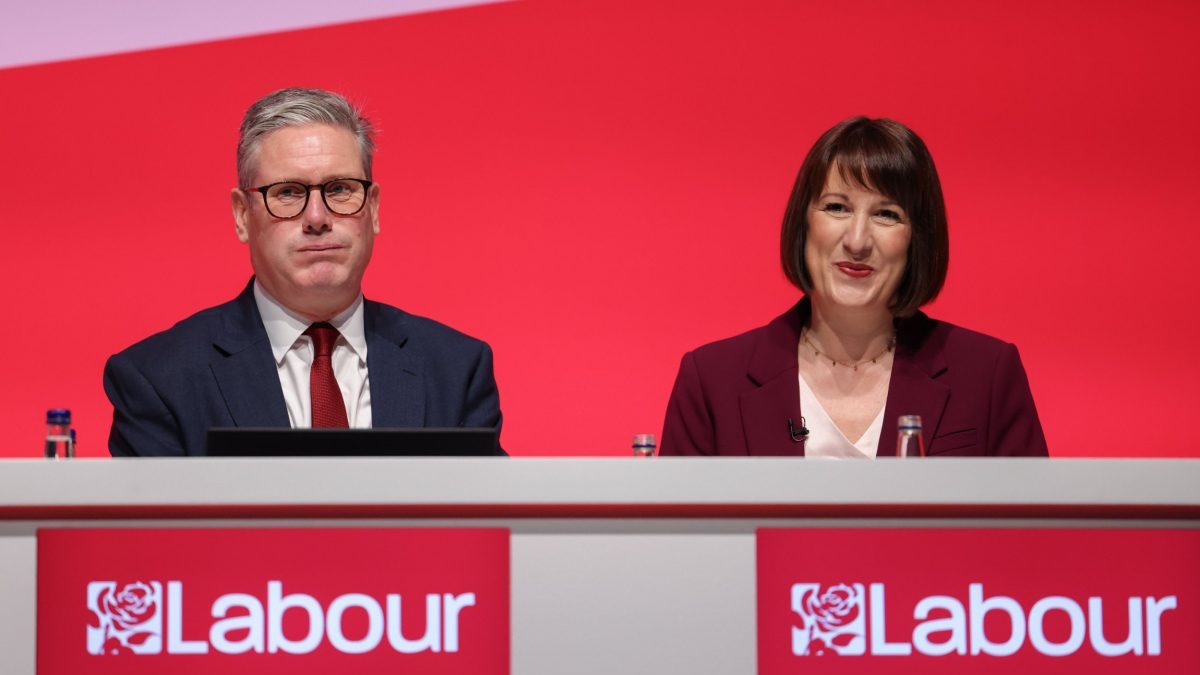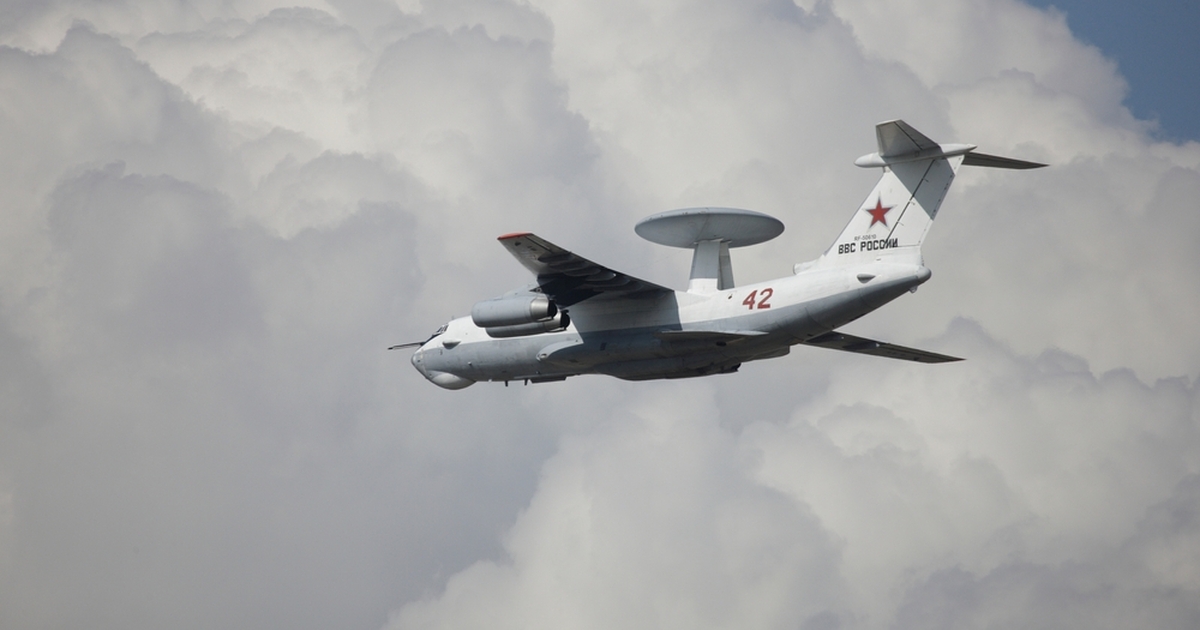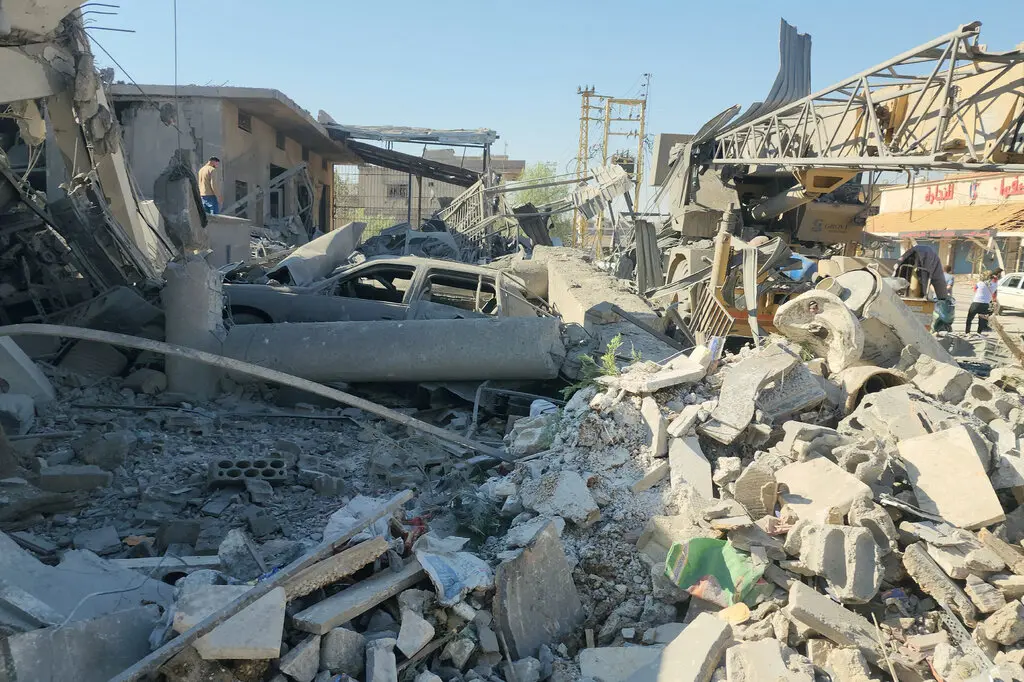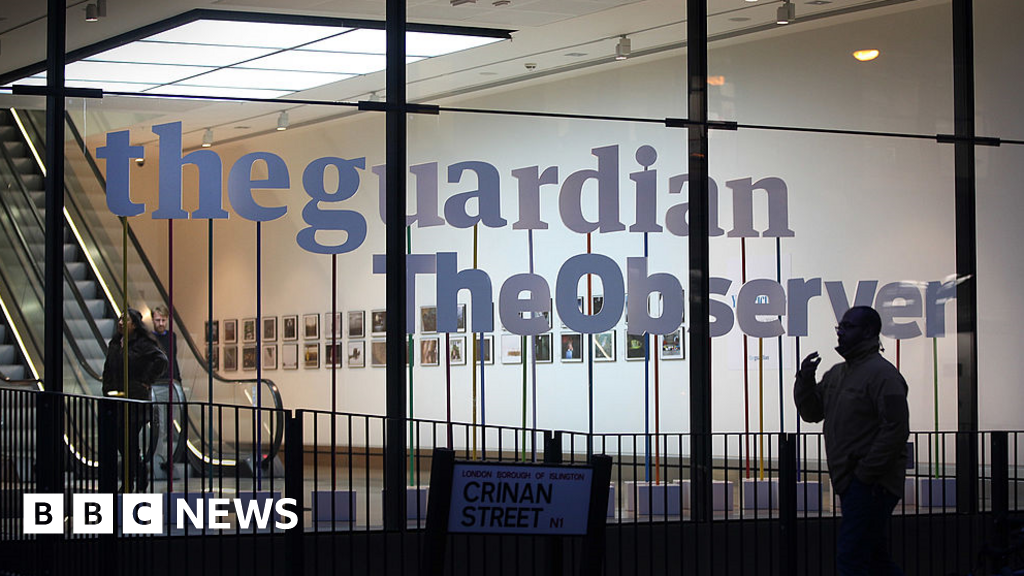Israeli warplanes continued to strike Lebanon on Tuesday, extending a massive bombardment of Hizbollah strongholds that has killed hundreds of people so far in the worst violence to hit the country in decades.
Hezbollah too fired on Israeli military targets on Tuesday morning, targeting an explosives factory, a military warehouse and an airfield. The attacks set off air raid alarms across northern Israel but were mostly intercepted, causing limited damage.
The exchanges followed a devastating series of attacks on Monday in which the Israeli army said it hit 1,600 Hizbollah targets, including general weapons stores and concealed cruise missiles in what it called a “new phase” of conflict with the Iran-backed militant group.

Lebanese authorities reported that 492 people were killed on Monday, including dozens of women and children, with more than 1,600 injured in the bloodiest day for Lebanon in decades.
World leaders warned that the operation, named “Northern Arrows” by the Israel Defense Forces, has left the region on the brink of an all-out war.
G7 foreign ministers meeting at the UN General Assembly (UNGA) released a statement calling for a halt to “the current destructive cycle”.
“No country stands to gain from a further escalation in the Middle East,” the group said. “Actions and counter-reactions risk magnifying this dangerous spiral of violence and dragging the entire Middle East into a broader regional conflict with unimaginable consequences.”
Fear and panic gripped Lebanon following Monday’s attacks. Thousands of cars jammed the roads as people fled from the south and east of the country, where the bombing campaign was concentrated, towards the capital Beirut.
Schools across the country were transformed into displacement shelters while some village residents sought refuge from bombing in mosques.
An entire family — a retired army major, his wife, and their three daughters — were killed near the southern coastal city of Tyre on Monday, Lebanese state news reported.


Speaking to reporters at the UNGA in New York, which began on Tuesday, the EU’s foreign policy head Josep Borrell described the situation as “extremely dangerous”.
“I can say that we are almost in a full-fledged war,” Borrell said, adding that world leaders should work to prevent the fighting from escalating further. “Here in New York is the moment to do that. Everybody has to put all their capacity to stop this path to war,” he said.
Lebanon’s Prime Minister Najib Mikati departed on an urgent trip to New York “for further communication”, his office said. A cabinet session scheduled for Tuesday morning was cancelled.
Israel said it would continue the operation until it became safe for residents of its northern regions, displaced by the fighting, to return to their homes. It blamed Hizbollah for provoking the Israeli bombing campaign.
“Let me be clear: Hizbollah is responsible for this situation. This is Hizbollah’s plan — to turn southern Lebanon into a battlefield for its attacks on Israel,” Israeli army spokesman Rear Admiral Daniel Hagari said. “We cannot accept a terrorist group storing weapons inside people’s homes, and using them to fire at other civilian communities.”
Twenty-eight flights out of Beirut — most of those scheduled — were cancelled on Tuesday, according to the airport’s website.
Hizbollah rockets landed in the far northern Israeli town of Kiryat Shmona on Tuesday morning, causing a fire to break out, but no injuries were reported. One woman received minor shrapnel wounds in the town of Yarka.
Israel’s Home Front Command extended its school closures policy to several more areas in the north of the country.

















































































































































You must be logged in to post a comment Login